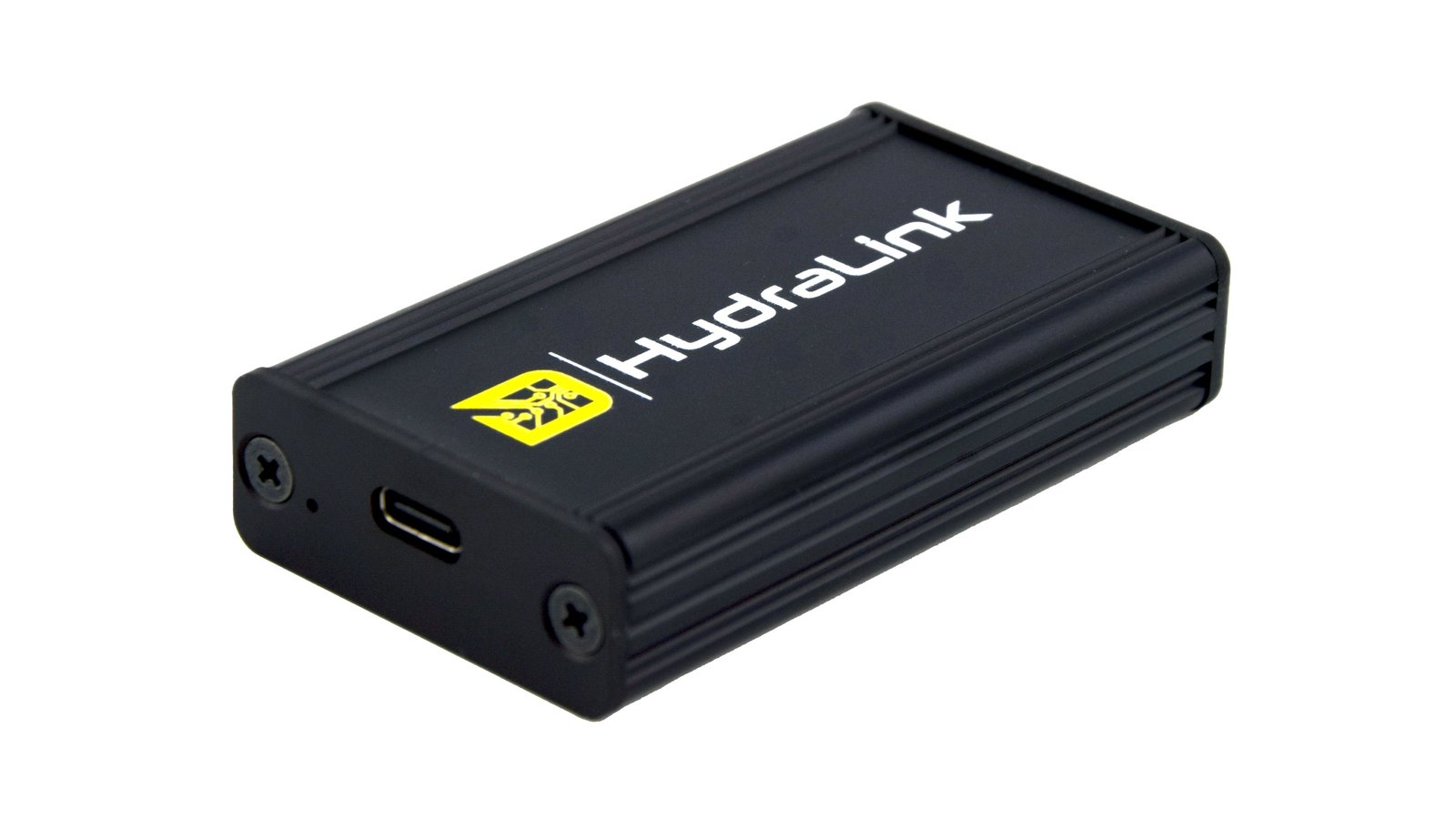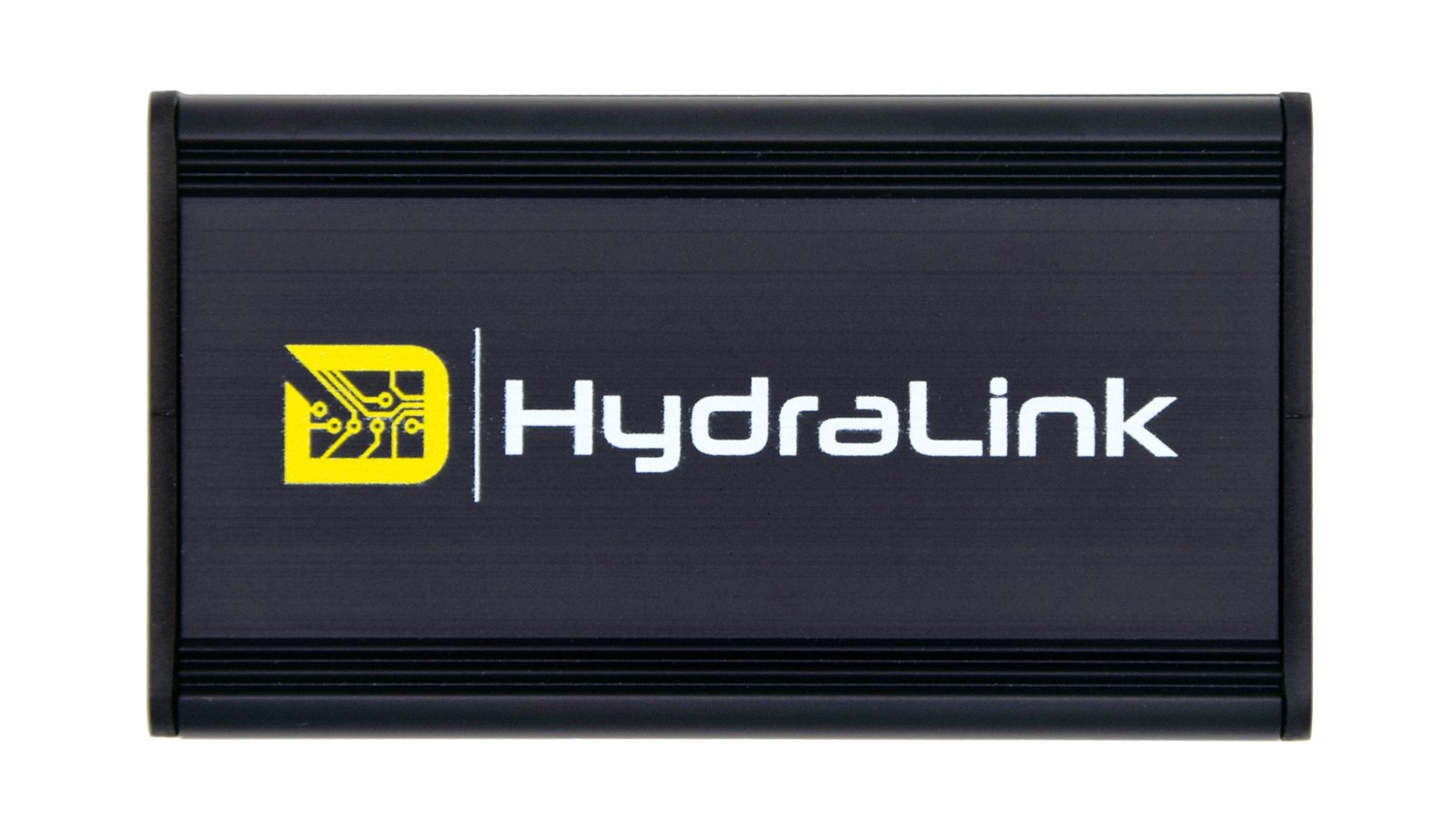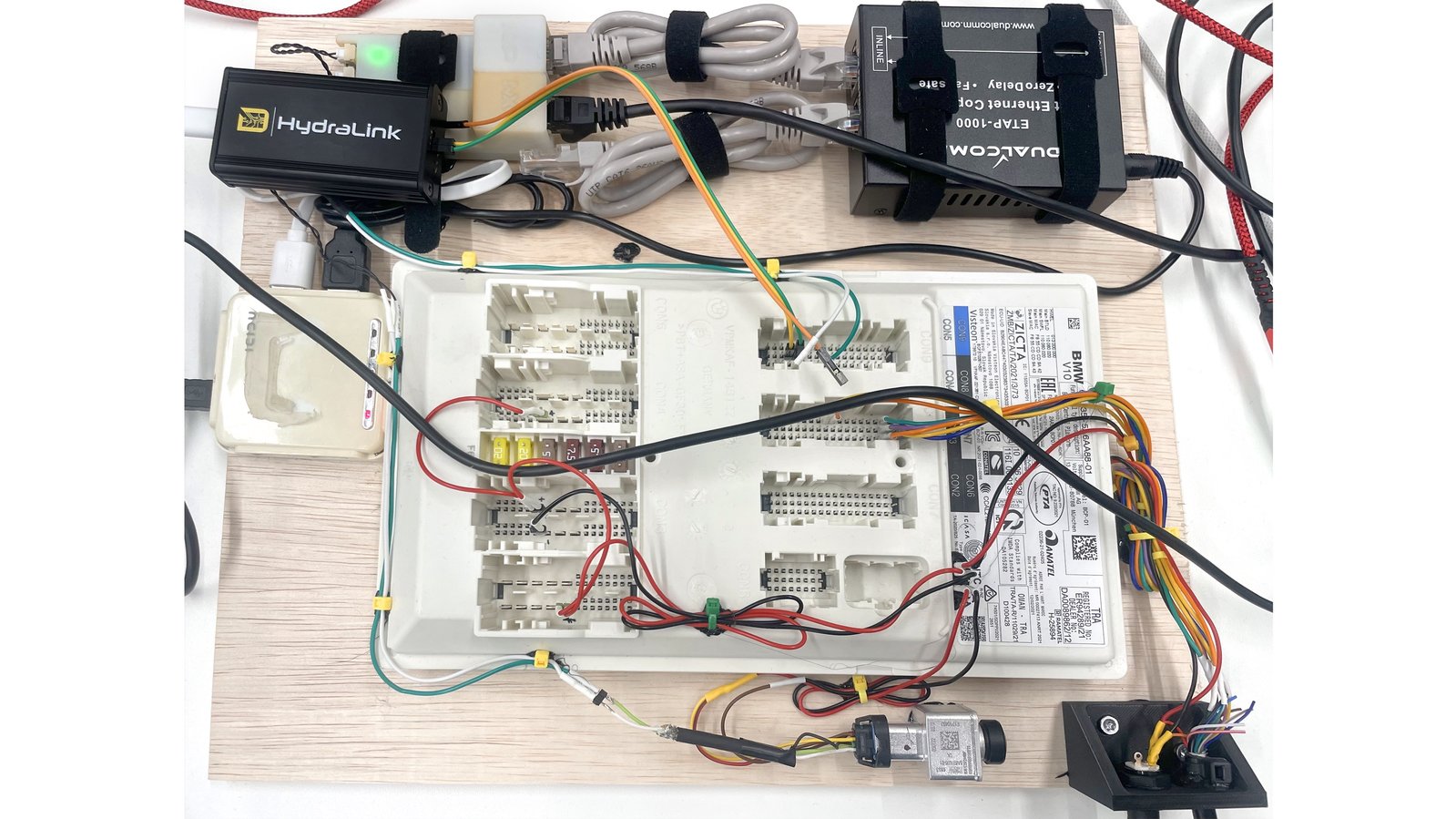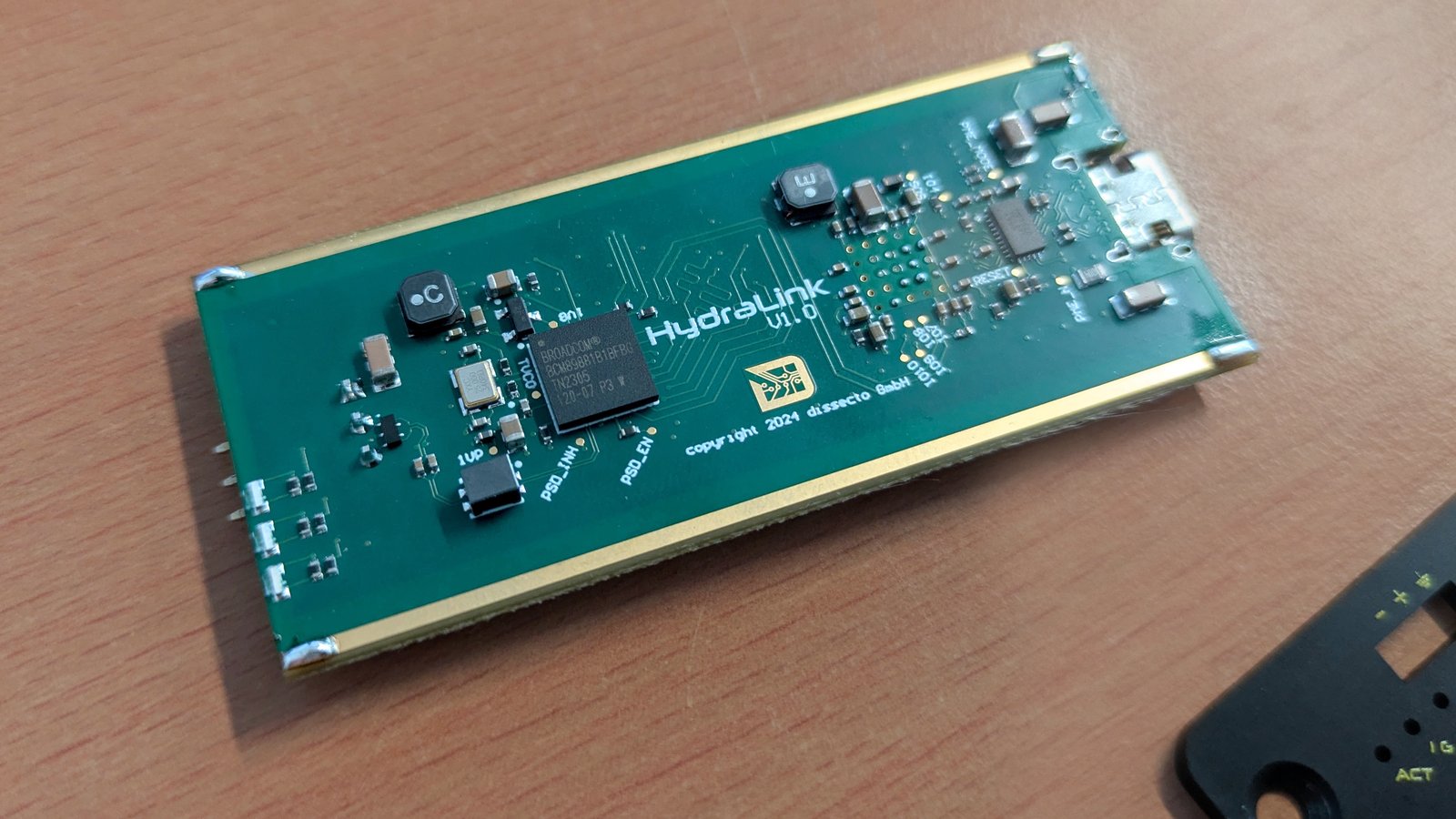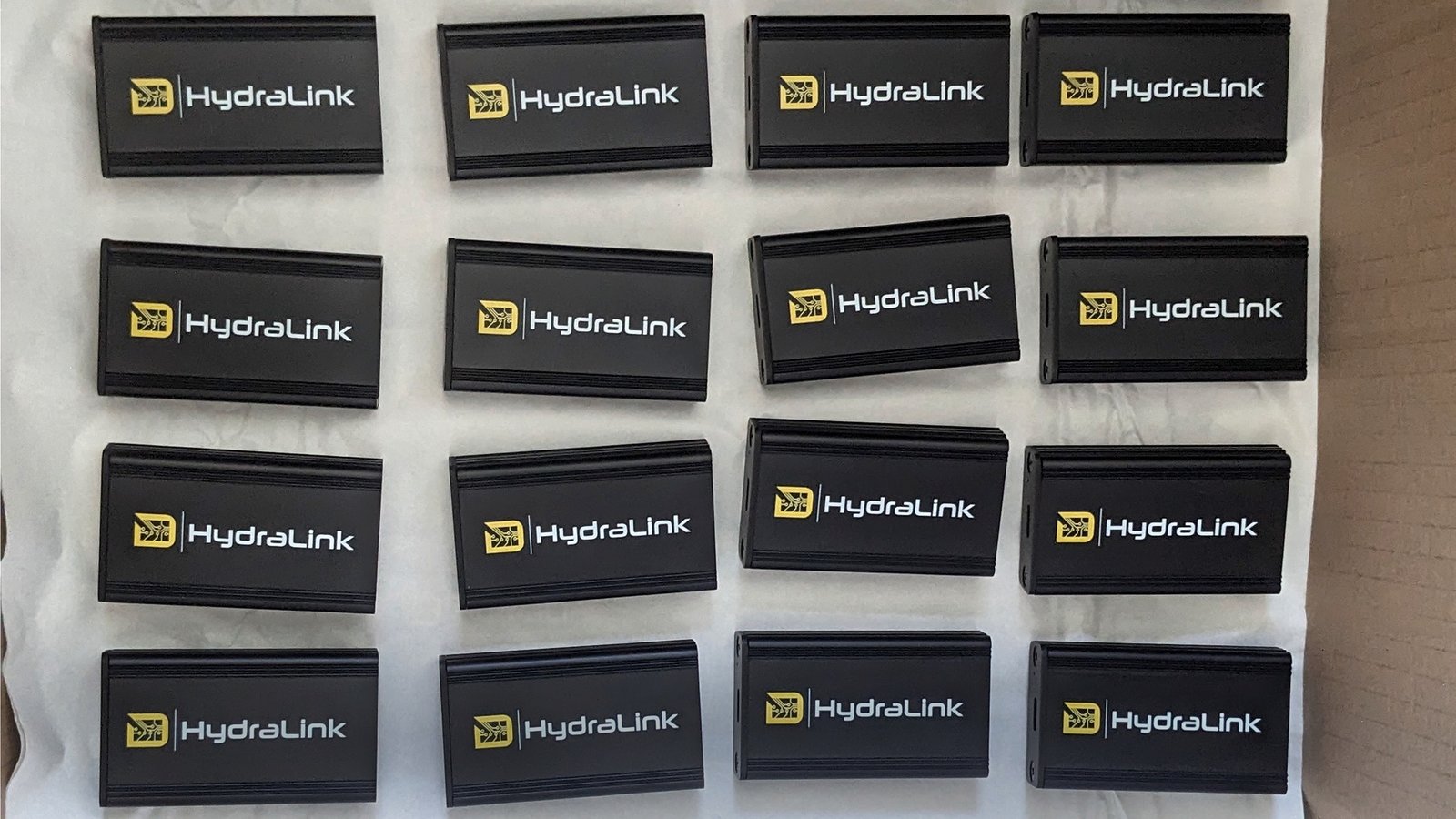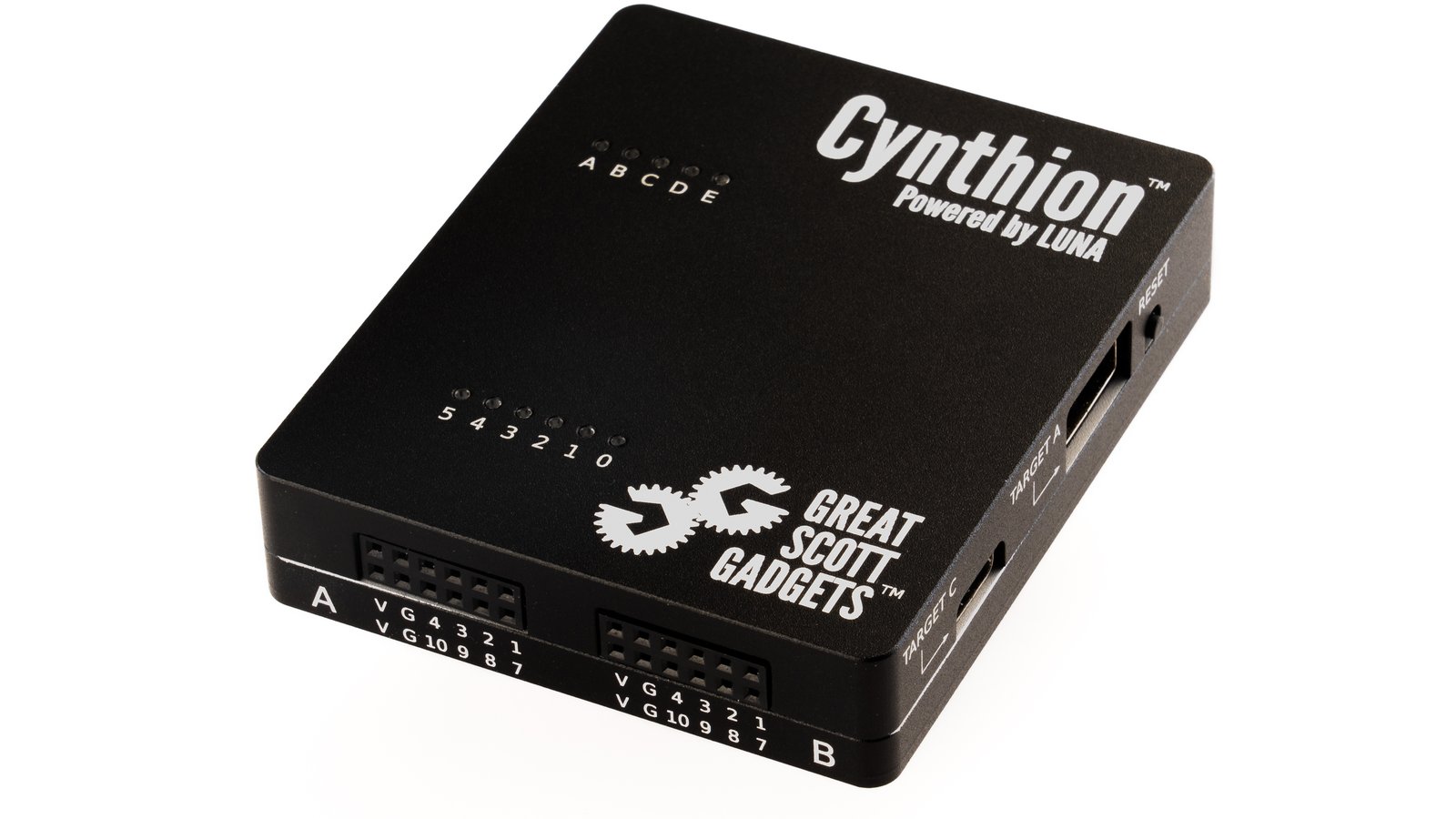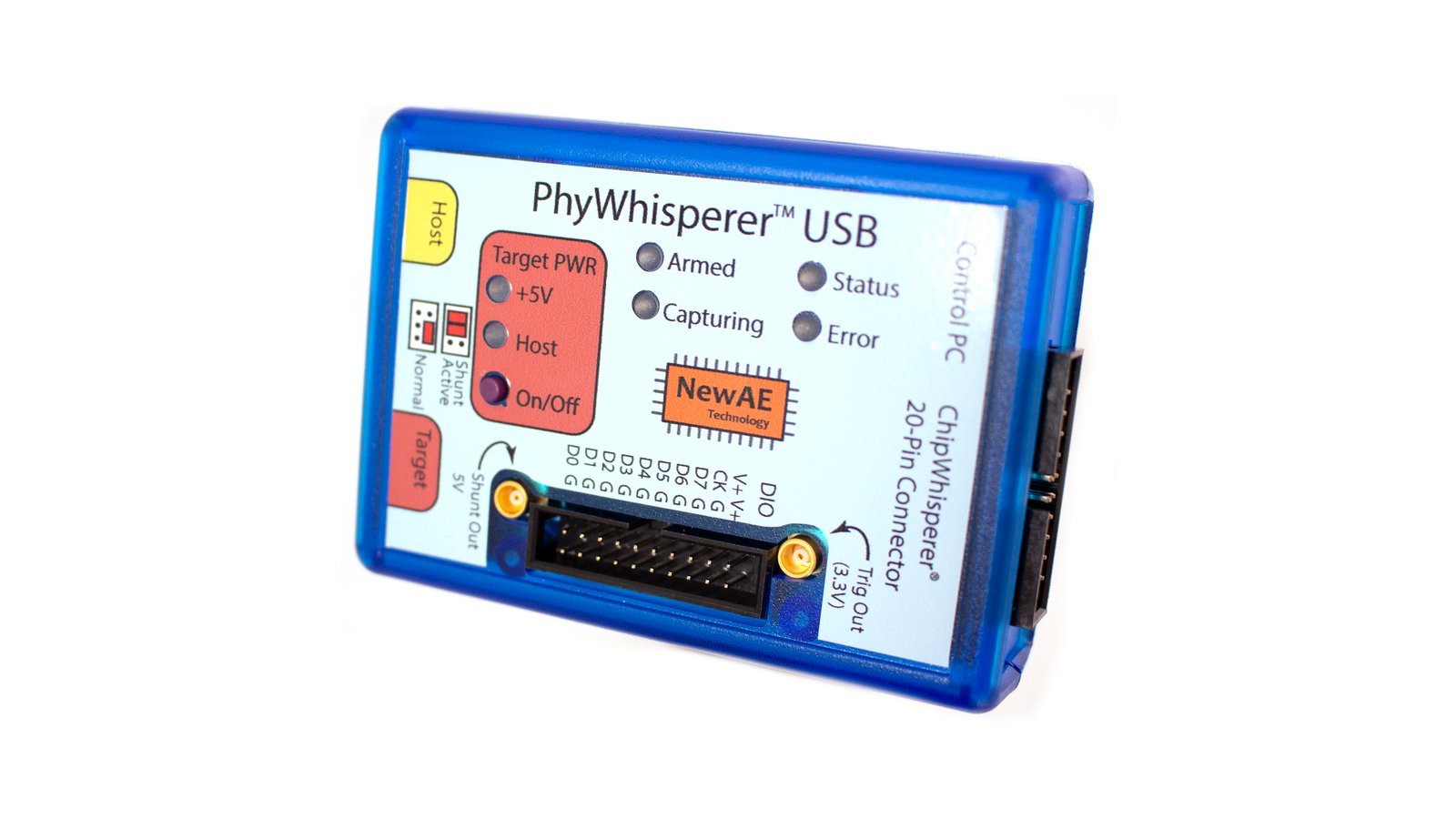HydraLink is a compact, cost-effective, and high-performance USB-to-Automotive Ethernet interface designed to make automotive networks accessible to everyone. It supports both 100BASE-T1 and 1000BASE-T1 standards over a single twisted pair, providing a reliable solution for diagnosing, testing, and prototyping automotive networks without the need for bulky media converters and other lab equipment.
Built with open systems in mind, HydraLink is fully compatible with macOS, Linux, and Windows. All its drivers are open source, promoting transparency and encouraging community collaboration. By eliminating the complexities of interfacing with modern automotive networks, HydraLink becomes an ideal tool for automotive engineers, security researchers, car hackers, tuners, and makers in the automotive field.
Bridging the Gap in Automotive Security
Modern vehicles are evolving into complex, Ethernet-based networks but the tools to inspect, test, and secure these single-pair links have lagged behind. HydraLink steps in as one of the first truly portable USB 3.0 Gen 1 to Automotive Ethernet adapters. By democratizing access to in-vehicle traffic, HydraLink accelerates vulnerability discovery, protocol validation, and secure feature development. Whether you’re an OEM certifying DoIP implementations or a pentester fuzzing SOME/IP services, HydraLink delivers real-time visibility and control, closing a critical gap between desktop workstations and the automotive domain.
High-Speed MitM Bridge Allows Wire‑Speed Packet Forwarding and Manipulation
HydraLink appears as a native Ethernet interface via plug‑and‑play USB drivers, allowing immediate use with standard tools—Scapy, Wireshark, bridge‑utils, iptables, tcpdump, ethtool, and more—without extra configuration.
By pairing two HydraLinks—one in master mode and the other in slave mode—you can create a transparent Layer‑2 bridge that forwards 100BASE‑T1 or 1000BASE‑T1 frames at wire speed. Frames traverse the USB connection and are relayed between the hydra0 and hydra1 interfaces with minimal latency.
Open-Source Design Gives You the Freedom to Inspect, Modify, and Extend
HydraLink’s software stack is fully open source. On Linux, you have the flexibility to use the provided custom kernel module for low-latency, native interface support or leverage the open-source Python CLI to configure link parameters dynamically. The CLI enables seamless switching between bitrates (between 100 Mbps and 1 Gbps) and operation modes (master and slave) with straightforward commands. Whether you’re embedding configuration in automation scripts, setting up continuous integration pipelines, or performing ad-hoc testing, HydraLink offers versatile control over every aspect of your automotive Ethernet interface.
All-in-One Design Simplifies Testbed Setup and Deployment
Conventional automotive Ethernet test setups demand separate media converters, power supplies, and transistor-level wiring—each a point of failure and extra cost. HydraLink collapses everything into a single, pocket-sized module: a USB 3.0 Gen 1 port, integrated single-pair PHY, status LEDs, and a pre-soldered 2.54 mm header. Plug in, select master or slave mode with a Python flag, and you’re ready to go. This turnkey form factor shrinks bench footprints, reduces cabling complexity, and slashes setup time so you can focus on security research, not hardware headaches.
Features & Specifications
- Automotive Ethernet speed: 100 / 1000 Mbit/s, full duplex
- USB interface: USB 3.0 Gen 1 Type-C
- Supply voltage: 5 V via USB interface (no external power needed)
- Operating temperature range: 0° C to +70° C
- LED indicators: Link activity and link speed
- Dimensions (L × W × H): 74 × 41 × 16 mm (2.91 x 1.61 x 0.63 in)
- Weight: 55 g (1.94 oz)
Comparisons
| HydraLink (dissecto GmbH) | TE1051 (TOSUN Technology) | FC602 (FibreCode) | 100Base-T1 USB Interface (MACH SYSTEMS) |
| API | Python module & CLI | C API & Windows tools | C API & Python wrapper | None |
| Ethernet Speeds | 100BASE-T1 & 1000BASE-T1 | 100BASE-T1, 1000BASE-T1, 100BASE-Tx, and 1000BASE-T | 100BASE-T1 | 100BASE-T1 |
| USB Interface | USB 3.0 Gen1 Type-C | USB 2.0 | USB 2.0 Type A | USB 2.0 Micro-B |
| Master/Slave Selection | Software selectable | Software selectable | Hardware switchable | Hardware switchable |
| Software | Native drivers for Windows, Linux, and macOS | Windows | Windows & Linux CDC-ECM driver | Driverless (acts as standard NIC) |
| Size (L × W × H) | 74 × 41 × 16 mm | 110 × 70 × 36 mm | 68 × 20 × 15 mm | 108 × 54 × 30 mm |
| Weight | 55 g | Unknown | Unknown | 85 g |
| Open Source | Yes (MPL-2.0 on GitHub) | No | No | No |
| Price | $329 | $1,642 | $329 | $329 |
Support & Documentation
Hydralink is as open as we can make it, given that it depends on some proprietary information from a chip manufacturer. We will publish a redacted schematic and a bill of materials after the campaign ends. Our software and kernel module are already available in our GitHub repo. Specific published resources include:
And please feel free to reach out using the appropriate Ask a Question link below.
Manufacturing Plan
We partner with a turnkey assembly house in Bavaria, Germany, to handle PCB assembly, component placement, and reflow soldering under ISO-certified processes. Assembled PCBs are fitted into precision-machined aluminum cases, after which automated functional testing rigs validate PHY link integrity at 100 Mbps/1 Gbps, program unique MAC addresses into onboard flash, and perform continuity and ESD checks. Final units are packed for shipping using protective packaging to ensure safe transit.
Fulfillment & Logistics
After our production run is complete, we will package everything up and send it along to Crowd Supply’s fulfillment partner, Mouser Electronics, who will handle distribution to backers worldwide. You can learn more about Crowd Supply’s fulfillment service under Ordering, Paying, and Shipping in their guide.
Risks & Challenges
At this stage, our biggest risk has to do with components. The single-pair Ethernet PHYs we sourced for HydraLink required NDA-based negotiations with semiconductor vendors, but we mitigated lead-time risk by qualifying two alternate suppliers under confidentiality agreements.
